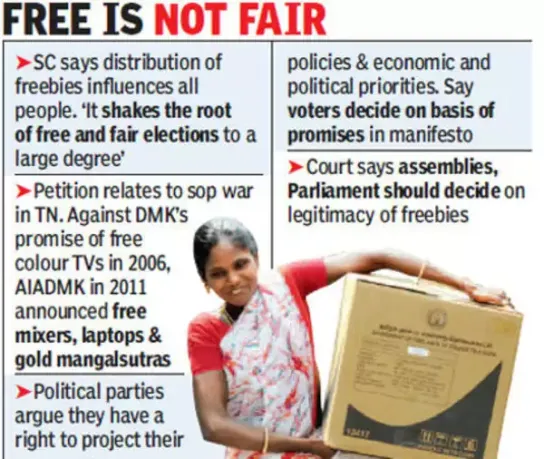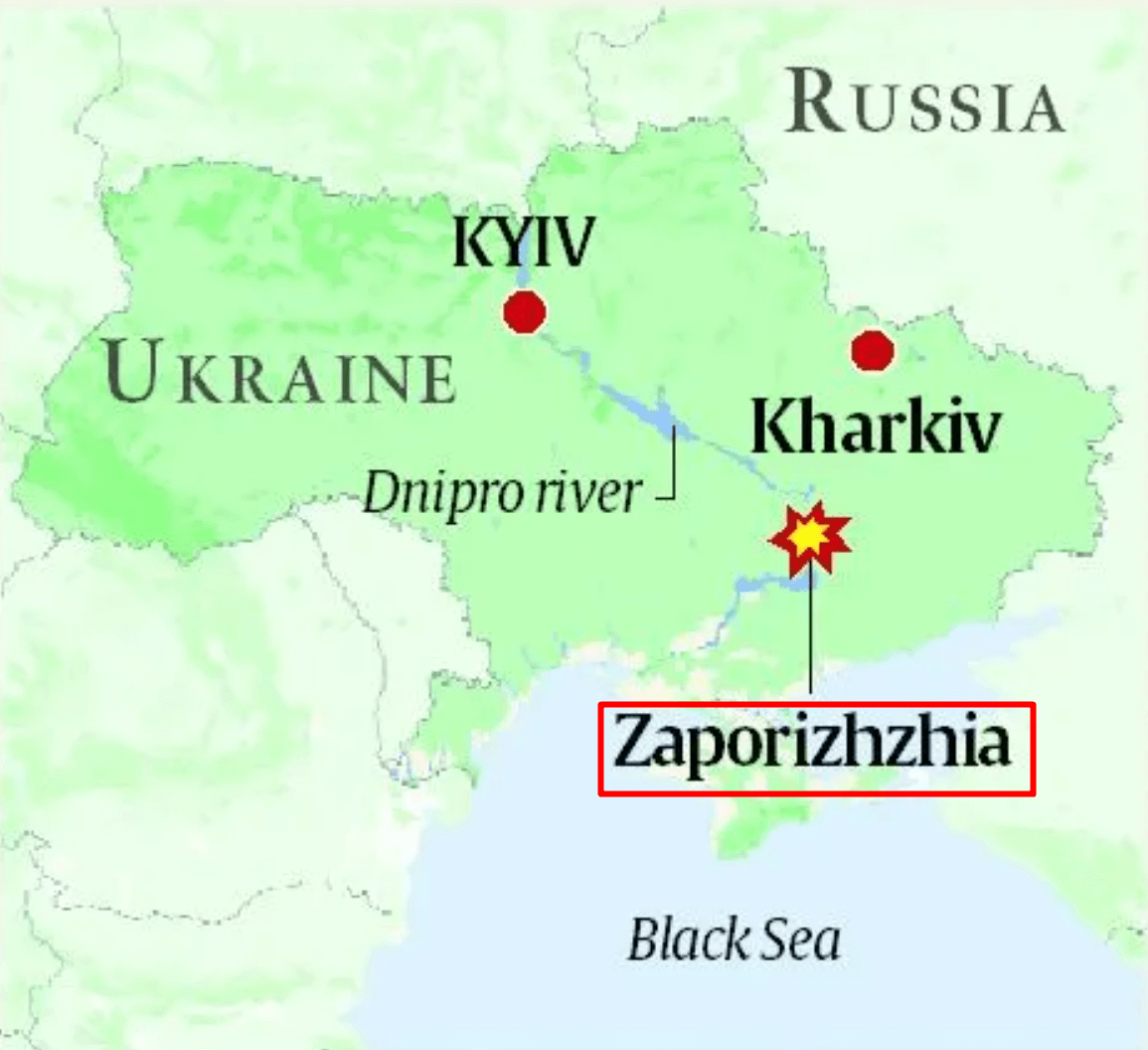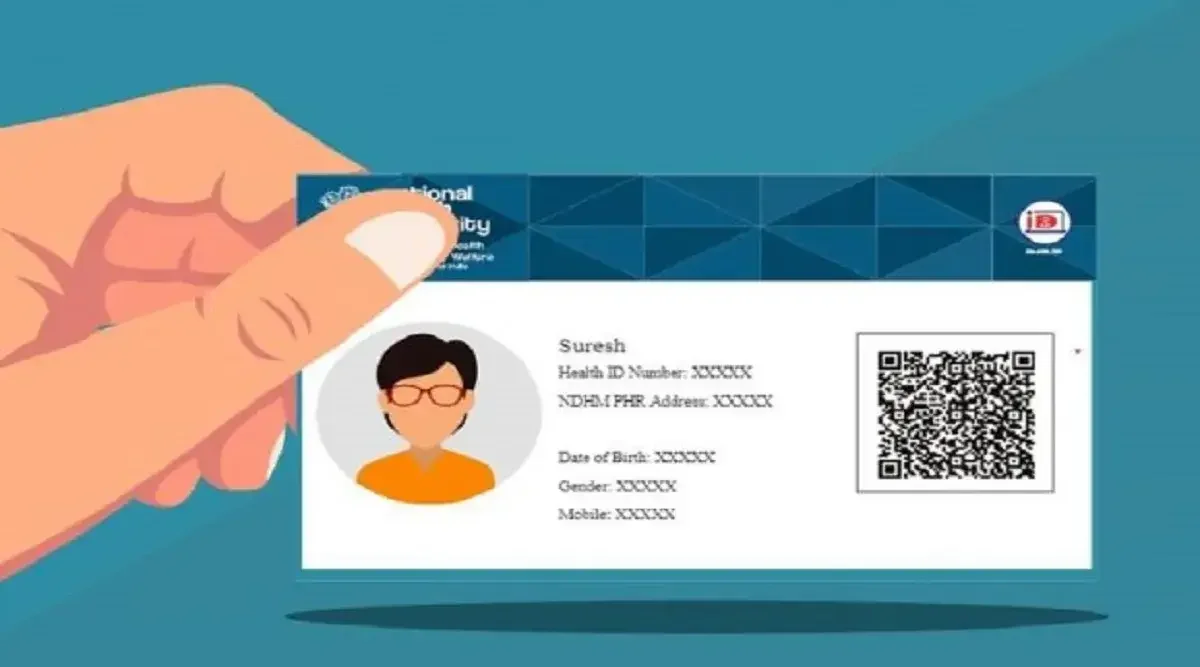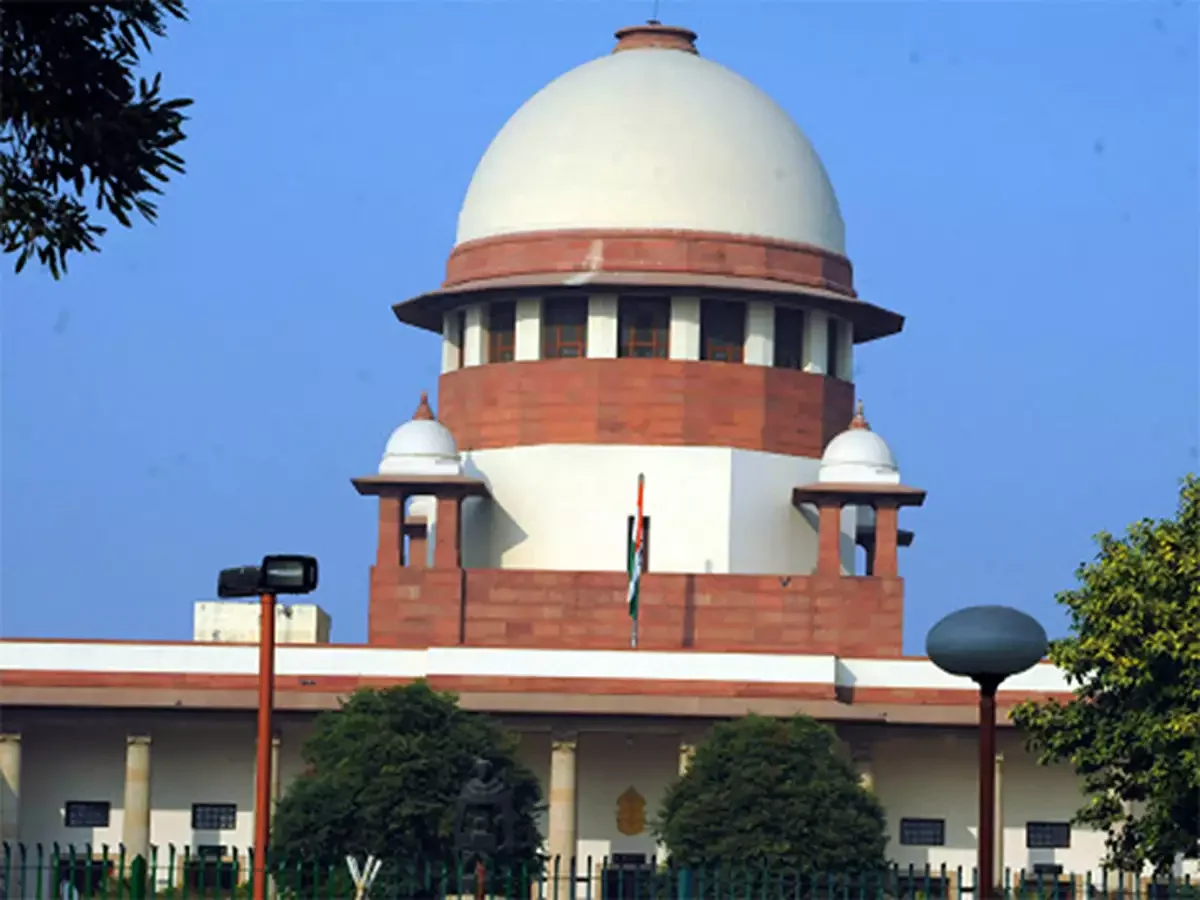
Special Category States (SCS) & Gadgil Formula
Subscribers of "Current Affairs" course can Download Daily Current Affairs in PDF/DOC
Subscribe to Never Miss an Important Update! Assured Discounts on New Products!
Must Join PMF IAS Telegram Channel & PMF IAS History Telegram Channel
- Context (TH): Bihar CM Nitish Kumar-led Cabinet passed a resolution seeking the grant of Special category status (SCS) to Bihar.
- The demand followed the “Bihar Caste-based Survey, 2022”.
- In the recent past Odisha, Rajasthan, Andhra Pradesh, and Goa also have been demanding SCS.
Why does Bihar want SCS?
- Economic Backwardness: About one-third of the population lives in poverty and has a low per-capita GDP of around ₹54,000.
- Impact of Bifurcation: Bihar’s bifurcation (Bihar-Jharkhand) led to an industrial decline, resulting in fewer employment opportunities.
- Natural Challenges: The state faces regular floods in the north and droughts in the south, impacting agriculture and livelihoods.
- Need for Welfare Funding: To secure approximately ₹2.5 lakh crore for various welfare measures over five years.
- Lack of Resources: Bihar argues its lack of natural resources and non-continuous water supply for irrigation contributes to its underdevelopment.
What is Special Category Status?
- It is a classification given by the Centre to assist in the development of those states that face geographical and socio-economic disadvantages.
- IC does not make a provision for SCS.
|
Historical background
- This classification was done on the recommendations of the Fifth FC in 1969.
- It was initially granted to only three states: Jammu and Kashmir, Nagaland, and Assam.
- Eleven States including Assam, Nagaland, Himachal Pradesh, Manipur, Meghalaya, Sikkim, Tripura, Arunachal Pradesh, Mizoram, Uttarakhand, and Telangana have been accorded the special category state status.
- Telangana, the newest State of India, was accorded the status as it was carved out of another state Andhra Pradesh.
- SCS was granted in the past by the National Development Council (NDC) of the erstwhile Planning Commission.
- The D R Gadgil committee gave a formula that was evolved in 1969.
Gadgil formula/Parameter for grant of SCS
- The parameters were:
- Hilly Terrain;
- Low Population Density and/or Sizeable Share of Tribal Population;
- Strategic Location along Borders With Neighbouring Countries;
- Economic and Infrastructure Backwardness; and
- Non-viable Nature of State finances.
Present Status of SCS
- The 14th FC has done away with the ‘SCS’ for states, except for the Northeastern and three hill states.
- Since then, no special category status has been granted to any State.
- The 14th FC suggested filling the resource gap of such states through tax devolution by increasing it to 42% from 32%.
Significance of SCS
- The Centre pays 90% of the funds required in a CSS to SCS states as against 60% or 75% in the case of other states, while the remaining funds are provided by the state governments.
- Unspent money does not lapse and is carried forward.
- Significant concessions are provided to these states in excise and customs duties, income tax and corporate tax.
- Preferential treatment in getting central funds.
- 30 percent of the Centre’s gross budget also goes to special category states.
- These states can avail the benefit of debt-swapping and debt relief schemes.
Concerns Related to SCS
- Dependence on Central Funding: The SCS created a dependence on central transfers that the States are unable to shrug off.
- An Inadequate Solution: While the central funds have sustained the State finances, a solution based largely on the transfer of central funds is inadequate.
- Discretionary Finances: The granting of SCS and liberal central assistance is at the Centre’s discretion rather than based on any strict principle/ criterion.
- Political Influence: The allocation by the Planning Commission was influenced by political rather than economic considerations.
- Cut in Allocation: The difference between funds allotted to SCS and other States has been sizably reduced and the status has remained more of a symbol of political mileage.
- Misuse of Funds: The generous central assistance, often without a proper accountability mechanism, led to the misuse and diversion of these easy funds and fed and fuelled corruption.
- No Concrete Improvement: The States having SCS do not show any perceptible improvements in terms of industrialization, for which they received tax incentives such as capital investment subsidy, excise duty and income tax exemptions, and transportation cost subsidies.
- Intensification of Demand: Granting SCS to more States would lead to intensification of similar demands from States such as Odisha, Bihar, etc.
Difference between SCS and Special Status
- IC provides special status through an Act that has to be passed by a 2/3rds majority in both houses of Parliament whereas the special category status is granted by the NDC.
- Jammu and Kashmir enjoyed a special status as per Article 370 and also a SCS. But now that Article 35A has been scrapped and it has become a union territory with the legislature, special category status doesn’t apply to J&K anymore.
- However, a wide range of provisions are available to as many as 10 states that have been listed under articles 371, 371-A to 371-H, and 371-J.
- Special status empowers legislative and political rights while SCS deals only with economic, administrative, and financial aspects.





![PMF IAS Environment for UPSC 2022-23 [paperback] PMF IAS [Nov 30, 2021]…](https://pmfias.b-cdn.net/wp-content/uploads/2024/04/pmfiasenvironmentforupsc2022-23paperbackpmfiasnov302021.jpg)











